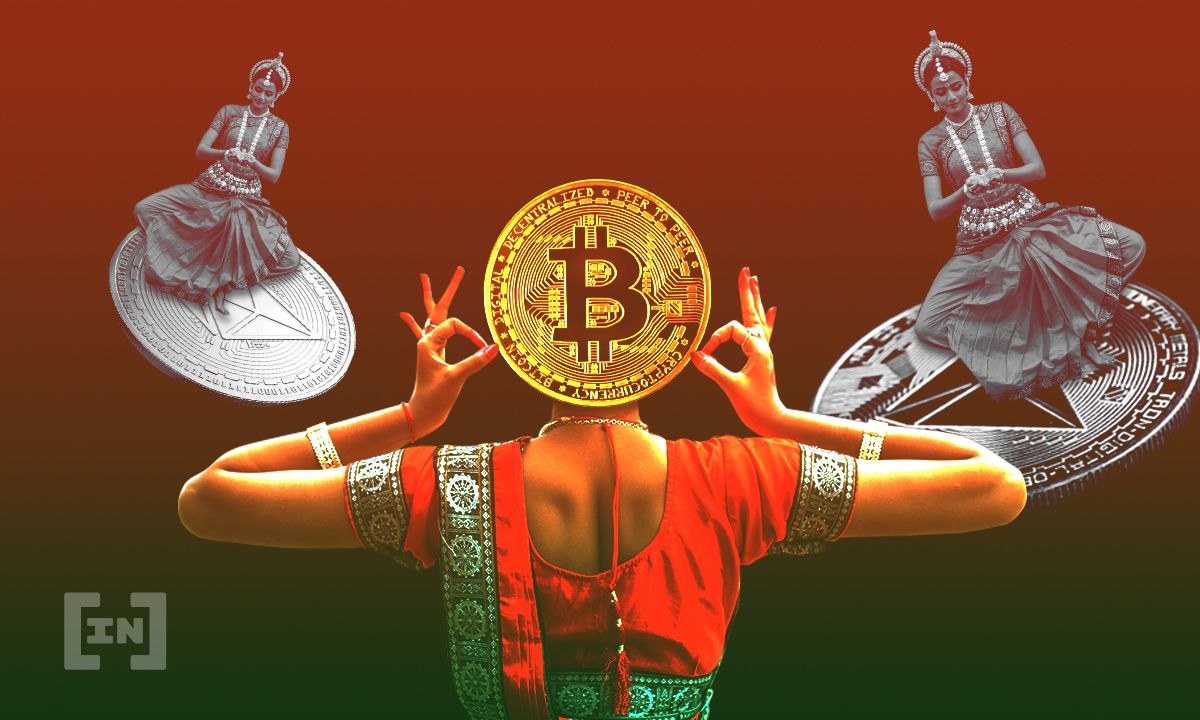According to the latest reports, the Indian government is reportedly looking to regulate the crypto asset class instead of banning it. This is a U-turn from previous reports suggesting that cryptocurrencies would be banned.
News of India’s stance on the cryptocurrency asset class has once again taken a new form, as reports from local media outlets suggest that the government will opt for regulation instead of a ban. News outlet NDTV announced that it had obtained details of a cabinet note that stated various regulatory measures.
Specifically, Indian investors will have a limited time to declare their crypto holdings. They will then have to move their assets from private wallets to selected regulated exchanges. That means they will not be allowed to use wallets like hardware wallets instead of being mandated to hold them on centralized exchanges.
The idea is to prevent money laundering and other illicit activities by being able to track the asset flow. The exchanges themselves will be overseen by the Securities and Exchange Board of India (SEBI), which will no doubt require platforms to undergo registration.
Last month, reports emerged that the government was proposing a bill that would ban the asset class, which led to panic selling on popular local exchange WazirX. Crypto-supporters have been lobbying against a draconian ban, which they say would set India back economically.
Lastly, the bill also reportedly states that cryptocurrencies will not be accepted as legal tender, which has been talked about in the past. India is preparing to launch its own central bank digital currency (CBDC), though there have been no details offered on that yet.
Better than a crypto ban, though specifics are concerning
India has a long history of flip-flopping on its crypto stance. For years, reports have either said that it would be regulated or banned, leading to some worrying uncertainty for investors. The government has formed panels to review the asset class, and the result has always been one of uncertainty.
The new rules would see taxation and oversight measures imposed on the market. On the whole, this is better than a ban, as it allows investors to hold on to their assets.
While Indian investors will likely be happy about the move away from a ban, there are some concerns surrounding the stipulations on the bill. Moving assets to centralized exchanges have obvious downsides, such as those related to security.
Disclaimer
In adherence to the Trust Project guidelines, BeInCrypto is committed to unbiased, transparent reporting. This news article aims to provide accurate, timely information. However, readers are advised to verify facts independently and consult with a professional before making any decisions based on this content. Please note that our Terms and Conditions, Privacy Policy, and Disclaimers have been updated.


